Servers, storage arrays, PC’s and laptops have an average life span of 3 years. How do you safeguard your information while donating or recycling your old computer? Answers to common questions about computer recycling and preventing ID theft:
Will my computer hard drive be erased?
If you donated a computer to a charity or gave it to an electronic recycling company…
maybe not.
When you donate or sell a used computer to a charity or electronic recycler you cannot know for sure if the hard drive has been erased. Once the computer is out of your hands, so is your personal information such as bank accounts, health records and family photos. Giving your personal information to a virtual unknown entity is a recipe for ID theft.
Good questions to ask the computer recycling company or charity when donating a computer:
- Do you have the equipment to erase hard drives? It takes 2 to 5 hours to properly erase a 500GB hard drive. Technically, the drive is not erased …it is written over with 0’s or 1’s.
- Did you offer a Certificate of Destruction or sanitization guaranteeing data destruction?
- Can you give me something in writing obligating the recycling company to erase your hard drives?
Where does my computer hard drive go after it is donated?
Do a search on eBay for used ‘computer hard drives’ and you might find 125,000+ used hard drives listed for sale. Where do all these hard drives come from? More than likely, the drives came from an electronic recycler. Now count how many used PC’s and laptops are listed on eBay and you may understand where your old computer hard drive may be.
Has data ever been found on donated computers?
Absolutely. There have been studies done to find out how many drives on the secondary market contain information. CBS News did a study to find out. The investigative reporters bought three business grade copy machines to see what, if any information, they could find. (Yes, copy machines have hard drives). It turned out that the hard drives on all three machines had confidential information. If you have ever used a copy machine at work to make a personal copy, you may be at risk of ID theft.
Another study by the National Association of Information Destruction (NAID) found that 30% of the hard drives purchased on the secondhand market contained “highly confidential personal information”.
Donating your old computer and electronic equipment is a good thing. Just be sure you protect your personal information first. Either use a good hard drive wiping software or hire a certified vendor to physically shred the drive.
